
The Japan Social Development Fund Award (JSDF) is a category of GDN's Global Development Awards Competition. It seeks to recognize innovative ideas in the implementation of development projects for vulnerable and disadvantaged communities in developing countries. Through the JSDF Award, GDN provides large grants to NGOs to support the replication and scaling-up of their development projects.
First prize winners of the Japanese Award for Most Innovative Development Project (MIDP) are eligible to compete for a JSDF grant of up to USD 200,000.
The Award is generously funded by the Ministry of Finance, Government of Japan, and has been an important part of GDN's outreach work since 2010. Currently, GDN supports development projects led by four JSDF grantees in Cambodia, India and Kenya, focusing on education, rural development, youth and women's empowerment, and conservation and public health.
See our current and recent JSDF awardees and their projects:
FLOAT: Flood Resilient Organic Aquafarming, India | 2020 -2022
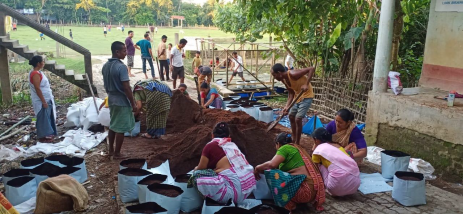
Women mix soil and compost in preparation for the Float farming method in Assam, India
Project: AFLOAT: Adaptive Floats as Flood Resilient Organic Aquafarming Contrivances for Marginal Farmers of South Asia Living in Climate Trap (SAFE website)
Footprint: Majuli and Shivsagar, Assam; Supaul and Saharsa, Bihar; 24 Prg (North and South) and Chhoto Mollakhali, as well as Deulbari, Debipur, West Bengal.
Beneficiaries: 9,000-10,000 households (15,000 farmers) in India with the goal to benefit 18,000 additional households
Power99 Foundation: Broad Class - Listen to Learn, Pakistan | 2016-2018
http://www.gdn.int/file/picture1png-2
http://www.gdn.int/file/picture1png-2
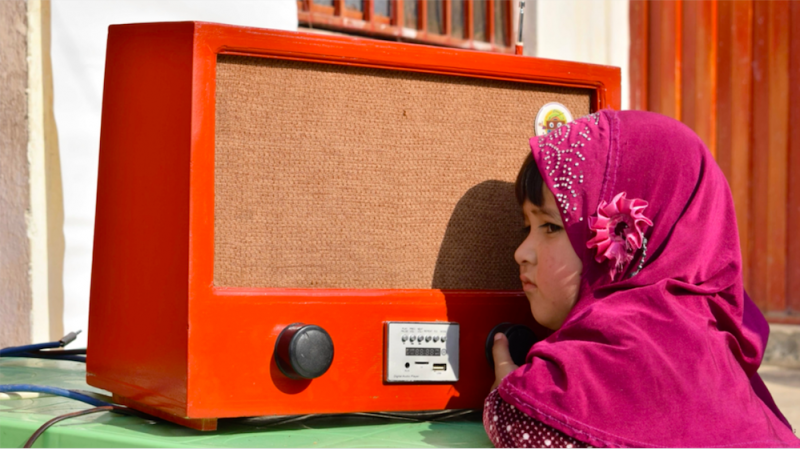
Little girl listening to 'Broad Class - Listen to Learn' lessons in Pakistan through the provided radio sets.
Project: Broad Class - Listen to Learn
Footprint: 18 districts across Pakistan
Beneficiaries: 7,585 children, 2,500 members of community, and 240 heads of schools and teachers.
Chinmaya Organization for Rural Development (CORD), India | 2016-2018
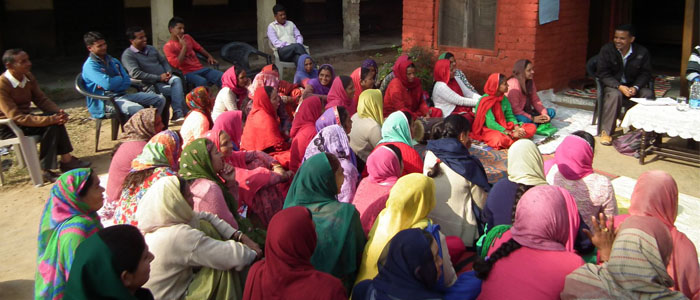
Village women farmers in conversation with staff and trainers on site. Kangra, Himachal Pradesh.
Project: Empowering Small and Marginal Women Farmers in Hill Agriculture Through Systematic Investment
Footprint: Kangra District, Himachal Pradesh, India
Beneficiaries: 500 small and marginal farmers belonging to marginalized communities
Science of Life Studies (SOLS), Cambodia | 2016-2017
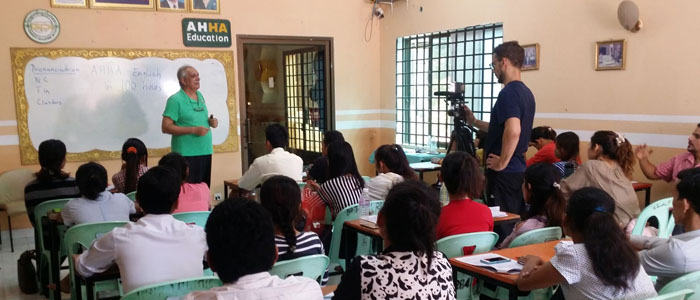
Project: Equal Opportunities for Education
Footprint: set-up 18 subsidized province centers in Cambodia
Beneficiaries: 5,605 young men and women
Sustainable Development for All (SDFA), Kenya | 2016-2017
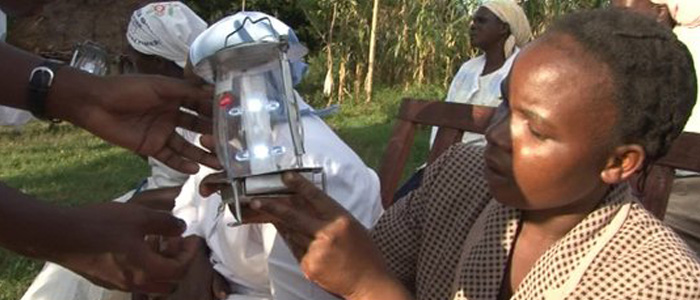
*Mwangabora lamps being distributed to women through community groups ***(Image: SDFA Kenya)
Project: Use Solar, Save Lives – Empowering Youth and Women Project
Footprint: 15 different villages spread across 3 counties in Kenya – Kitui, Makueni and Kakamega
Beneficiaries: 1,100 young men and women
Conservation Through Public Health | 2015-2017
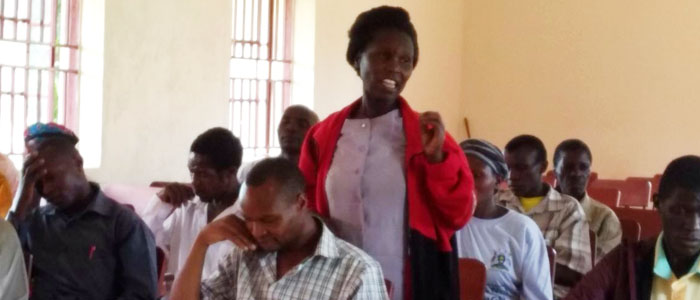
Planning Meeting to Scale up the Integrated Conservation, Health and Community Development Model at Mount Elgon National Park, Kenya
Project: Scaling-Up Integrated Conservation, Health and Community Development Models
Footprint: Three national parks in Democratic Republic of Congo, Kenya and Uganda
Beneficiaries: 84,000
Impulse NGO Network | 2013-2016
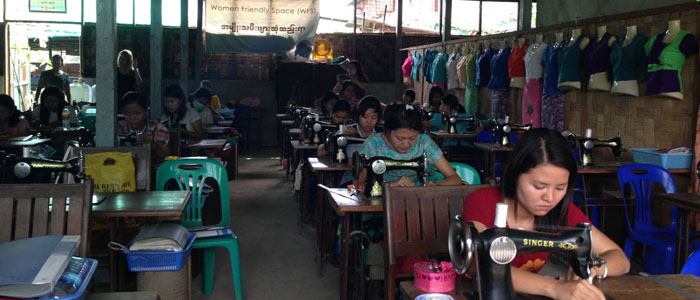
Vocational training for rehabilitation of trafficked victims, Myanmar
Project: Impulse Case Info Centre Myanmar
Footprint: India and Myanmar
Beneficiaries: 100,000 (including personnel from government departments, civil society stakeholders, media, and trafficked women and men)
Fundacion Paraguaya | 2012-2014
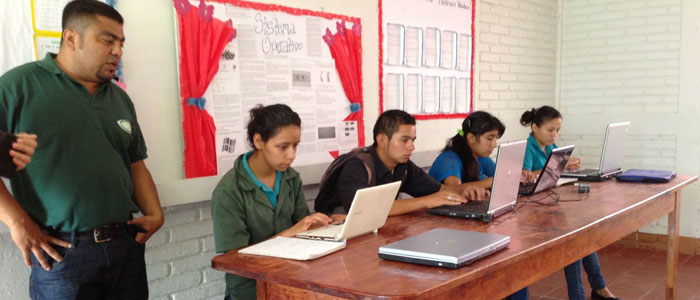
Entrepreneurship training for low-income youth in Nicaragua
Project: Scaling-up the Financially Self-Sufficient School Model
Footprint: Five schools in four countries – Bolivia, Honduras, Nicaragua, Paraguay
Beneficiaries: 1300 low-income youth
